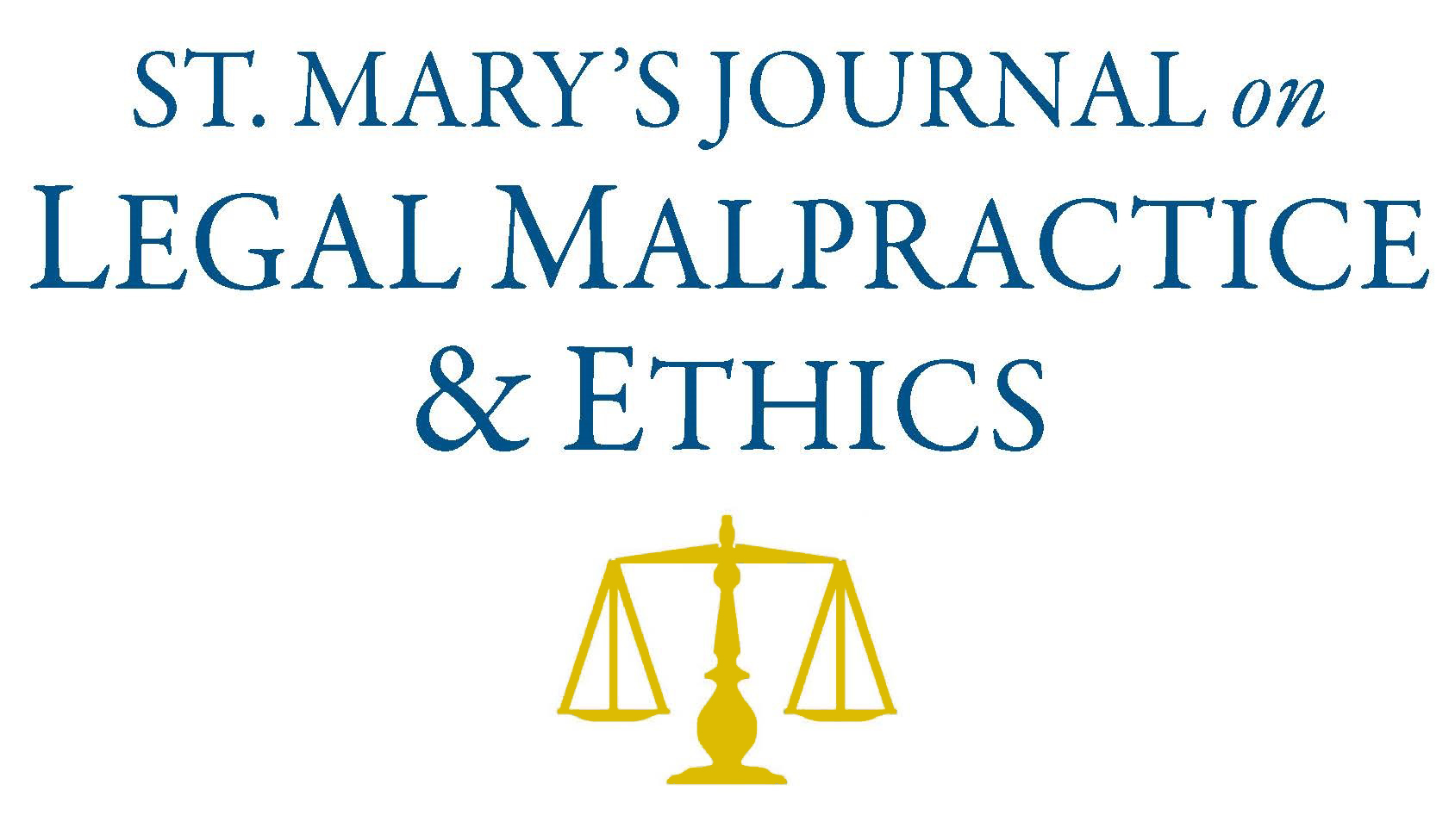
First Page
460
Date Created
10-6-2021
Publisher
St. Mary's University School of Law
Editor
Hannah C. Mery
Last Page
485
Abstract
In assessing an ethics, rule-based prohibition against New Jersey governmental attorneys representing clients against the state for matters the state had previously assigned to them, the state supreme court noted: “In our representative form of government, it is essential that the conduct of public officials and employees shall hold the respect and confidence of the people.”
In the beginning of 2020, the United States Senate held an impeachment trial to determine whether former President Donald J. Trump had committed offenses forwarded by the House of Representatives. A U.S. Senate trial, much like state senate trials, is both judicial and political in nature.
Several senators and hundreds of state legislators are licensed attorneys. The rules of professional responsibility place great emphasis on attorneys complying with their oath of office. Such oaths, and the accompanying rules of decorum, apply to all judicial proceedings. However, during President Trump’s U.S. Senate trial, at least two senators who are licensed attorneys openly promised they would not be impartial. Additionally, the impartial jury mandate precluded other senators from serving on a normal trial jury due to their previous comments, but that mandate was not applied in this case. This Article explores how legislative duties for lawyers intersect with professional obligations under the attorney ethics rules, and how the conduct of legislators who are admitted to the bar may undermine the legal profession. The Article also proposes a draft ethics rule to apply to legislators who serve in judicial and quasi-judicial capacities that mandate compliance with oaths of office while simultaneously allowing participation in the legislative duties expected of an elected official.
Recommended Citation
Joshua E. Kastenberg,
Sufficiently Judicial: The Need for a Universal Ethics Rule on Attorney Behavior in Legislative Impeachment Trials,
11
St. Mary's J. on Legal Malpractice & Ethics
460
(2021).
Available at:
https://commons.stmarytx.edu/lmej/vol11/iss2/6
Included in
American Politics Commons, Civil Procedure Commons, Judges Commons, Law and Politics Commons, Legal Ethics and Professional Responsibility Commons, Legal Profession Commons, Legal Remedies Commons, President/Executive Department Commons


